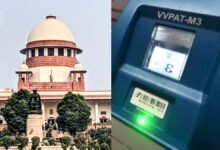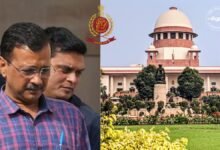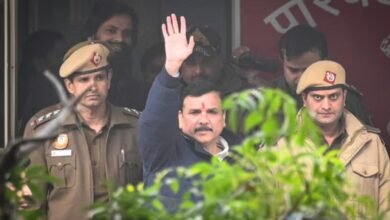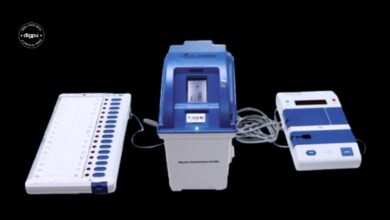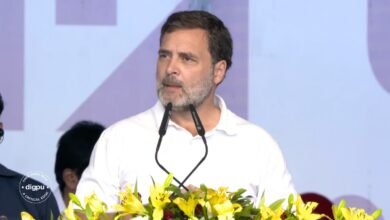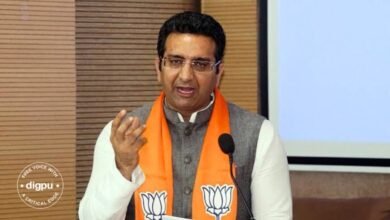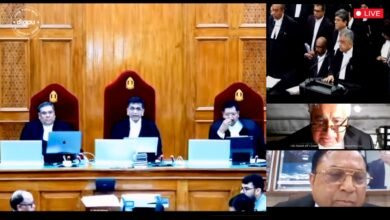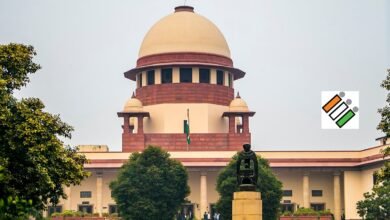Justice BV Nagarathna Sparks Debate on Demonetization at NALSR Conference
Despite the government’s claims, nearly 98 percent of the demonetized 500 and 1000 rupee notes returned to the Reserve Bank, leaving the fate of black money in ambiguity.
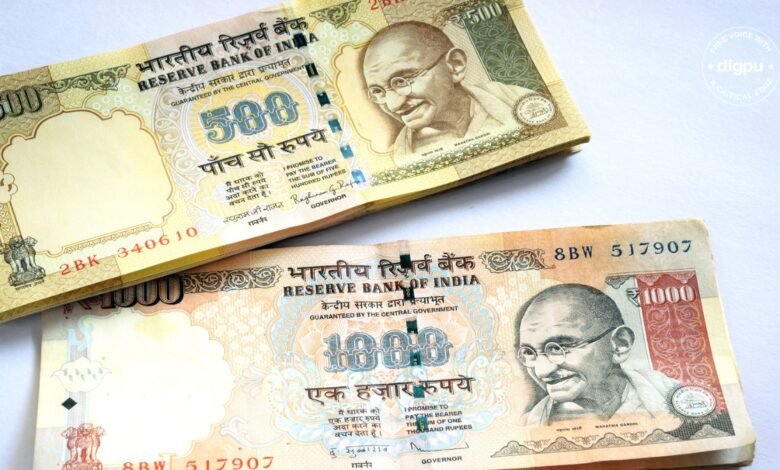
In a thought-provoking address at the 5th Annual Conference on Courts and Constitution held at NALSR Law University in Hyderabad on Saturday, March 30th, Justice BV Nagarathna of the Supreme Court once again brought the controversial topic of demonetization into the spotlight. Justice Nagarathna, who was part of the bench that legalized demonetization, raised significant concerns regarding the process and its outcomes.
Highlighting the objective of demonetization as a means to curb black money, Justice Nagarathna questioned the effectiveness of the method employed. She pointed out that despite the government’s claims, nearly 98 percent of the demonetized 500 and 1000 rupee notes returned to the Reserve Bank, leaving the fate of black money in ambiguity. She emphasized that demonetization seemed to have failed in its primary objective of eliminating illicit funds from the economy.

Reflecting on the impact of demonetization on the common man, Justice Nagarathna shed light on the hardships faced by daily wage earners who relied on the now-defunct currency notes for their livelihood. She underscored the need to consider the practical implications of such drastic measures on the vulnerable sections of society.
Notably, Justice Nagarathna’s dissenting stance on demonetization within the Supreme Court bench highlighted her commitment to upholding the interests of the citizens. She reiterated her disagreement with the decision, citing the adverse effects experienced by the masses.
Addressing the role of governors in the legislative process, Justice Nagarathna emphasized the constitutional nature of their office. She criticized the delay in decision-making by governors on passed bills, citing instances of excessive interference, such as the Maharashtra Assembly case.
The conference, attended by eminent jurists including Justice Sapna Pradhan Malla from the Nepali Supreme Court, Justice Syed Mansoor Ali Shah from the Pakistani Supreme Court, and Chief Justice Alok Aradhe from the Telangana High Court, provided a platform for meaningful discussions on pressing legal issues.
In a landmark verdict delivered on January 2, 2023, the Supreme Court’s Constitutional Bench ruled on demonetization, with a majority of 4-1 in favor of upholding the government’s decision. However, Justice BV Nagarathna dissented, declaring the decision on demonetization as ‘illegal.’
Demonetization, announced by Prime Minister Modi on November 8, 2016, aimed to tackle black money, counterfeit notes, and terror funding. However, its implementation led to widespread disruptions, with citizens queuing up outside ATMs to exchange old notes for new ones.
Justice Nagarathna’s critique of demonetization underscores the need for a comprehensive evaluation of such policy measures to ensure their effectiveness and mitigate adverse impacts on the populace. As debates continue, the ramifications of demonetization on India’s economic landscape remain a topic of intense scrutiny and discussion.
